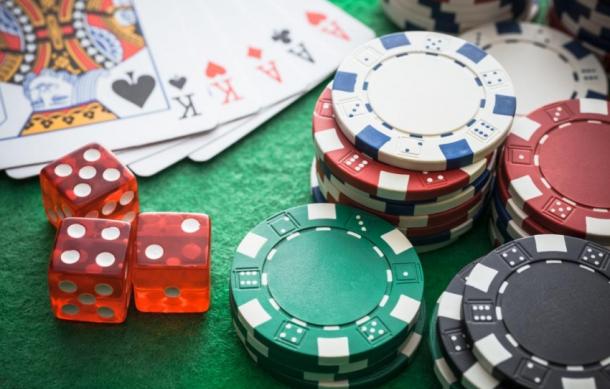
One of the major social ills affecting Namibians, according to the Gambling Board of Namibia, is gambling addiction.
Director of Health and Social Services, Sandra Owoses, highlighted this at a training workshop at Swakopmund aimed at equipping social workers with skills to tackle gambling addiction.
According to Owoses, gambling addiction strains a person's social well-being and has an impact on their finances, relationships, physical health, and mental health.
Gambling addiction, she adds, contributes to levels of poverty, especially among low-income households.
Gambling is regulated under the Namibia Gaming and Entertainment Control Act 13 of 2018, but the mushrooming of illegal gambling houses is wreaking havoc, particularly among low-income suburbs.
Gambling itself is not illegal, according to Owoses, but there is a need to promote a responsible gambling culture.
Zelnadia De Waal, a social worker, claims that gambling addiction results in anxiety, lowers productivity, and increases absence from work, all of which could lead to job losses.
De Waal says this addiction exacerbates poverty and depreciates the addict's sense of self-worth in society.
She says there is a need for research into the area of gambling addiction and its effects on mental health, especially in Namibia.
The Gambling Board of Namibia is in the process of establishing a call centre where persons with gambling-related mental health issues can be reported.
Therefore, the three-day workshop at Swakopmund was part of preparing and equipping social workers to handle these cases.
The board also took similar training workshops to different regions across the country.





